Core Mathematics
Powerful Knowledge
Our Core Mathematics curriculum aims to develop problem solving skills that are directly related to real life situations that students could face in their future working environments. This curriculum also develops student knowledge, using what they have learned at GCSE and stretching them whilst reinforcing and building towards the skills that they need to use in other subjects.
The sections of the course are:
Estimation – Fermi estimation, for example classic problems such as how many people can fit onto the ‘Isle of Wight’. These types of classic problems are often used in interviews to determine how candidates might go about problem solving.
Statistics – Using graphs and averages to support other work and understand the data that is presented to us on the news.
Finance – Studying how income tax, national insurance and loans work.
Critical Analysis – Determining whether sources are reliable and how they can be improved.
Critical Path Analysis – A project-management technique that lays out all of the activities needed to complete a task, the time it will take to complete each activity and the relationships between the activities.
Probability and Cost-Benefit Analysis – A practical skill used by businesses on a constant basis to decide the viability of future business plans.
Literacy
Our curriculum supports students’ literacy by challenging them to engage in independent research of mathematical concepts and their uses and then requiring them to effectively communicate what they have learned. Students are required to effectively describe the meaning of their work/answers in both lesson time and during formal examinations.
At all times, students are encouraged to read, discuss and understand complex written problems.
Students are given key words, given their definitions and encouraged to use them at all times, increasing their mathematical vocabulary and ability to effectively communicate what they are learning. Students are challenged to improve their mathematical vocabulary and reasoning to meet the required expectations of their assessments.
School Context
For Core Mathematics, the curriculum is directly designed to address and utilise cross curricular links to other the other subjects that students are studying (such as Psychology, Chemistry, Biology, Physics, Geography, BTEC Sport, etc).
Students are also offered a variety of opportunities to extend their appreciation of mathematics. These include:
· Developing an appreciation to the curriculum relating to aspects of finance
· Developing an understanding and appreciation for the history of mathematics in relation to the topics that they study
· Planned educational visits to see mathematics lectures, to learn about current developments in the field of mathematics and engineering
· Students have access to a number of recreational mathematics books that contain several puzzles and challenges that they can work on at any time
Assessment
Assessment for learning techniques during lessons include (but are not limited to):
· Having students model questions and discuss their answers/questions as a group
· Checking for understanding with directed questioning
· Having students explain the ‘how’s and why’s’ of the mathematical concepts they are learning
· Using mini-whiteboards
There are two examinations that are taken at the end of Year 13 to determine a student’s grade. Core Maths is a Level 3 Certificate, which is equivalent to a half level.
Students are assessed at the end of each key area, as well as at the end of each term, to track their progress in the subject area. At the end of Summer Term 1 students will sit a full exam paper for estimation, finance and statistics to check on student progress and help students reflect on their learning and areas for revision. In Spring 2 term (Y13), students sit a full mock exam to check on progress and to help students reflect on their learning and areas for revision. Additionally, at the end of Summer Term 2 (Y 13) students will sit their final examination.
Careers
Students are encouraged to discuss their prospective career plans so that they can be used in context when discussing mathematical concepts. Our curriculum encourages talk that helps students relate mathematical work to their future careers such as:
· Using statistical analysis in medical research
· Using statistical analysis in making business and risk decisions
· Using mechanics to discuss and problem solve the movement of particles and the forces that act with/against them and how they relate to engineering
· Problem solving and critical thinking skills are used and developed in all sections of the curriculum, enhancing student employability, no matter what their chosen profession.






